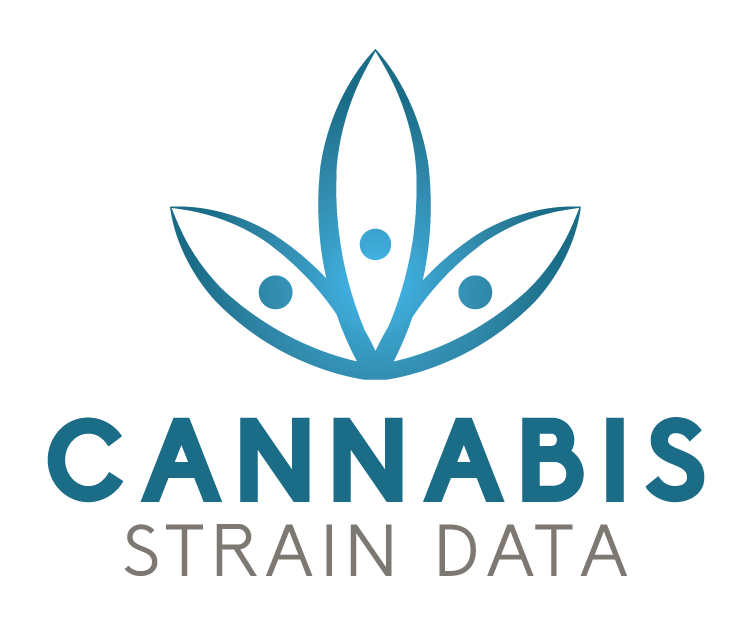The cannabis industry has always thrived on variety. Walk into any dispensary and you’re met with dozens of flower jars, each labeled with strain names ranging from classics like OG Kush to newcomers with playful titles like Raspberry Punch. But as legalization expands and product menus grow, the sheer number of strains and product formats can overwhelm even seasoned consumers. This is where big data and artificial intelligence (AI) are stepping in, transforming how strains are classified, understood, and recommended.
The Challenge of Cannabis Classification
For decades, cannabis has been loosely divided into three categories: indica, sativa, and hybrid. While helpful as a basic guide, research shows this system oversimplifies the plant’s diversity. Two strains labeled “indica” can have vastly different effects depending on their cannabinoid and terpene profiles. What consumers really need is a data-driven way to cut through marketing labels and understand the actual chemical composition—and this is where AI comes into play.
AI and Strain Data: Moving Beyond THC Percentages
Many shoppers still ask for the “highest THC percentage” when choosing cannabis, but potency alone doesn’t guarantee the desired experience. AI tools can analyze thousands of lab reports, pulling in cannabinoid ratios (THC, CBD, CBG, THCV) and terpene levels (myrcene, limonene, pinene, etc.) to identify patterns. This creates a more holistic “fingerprint” for each strain.
By training algorithms on consumer feedback—such as reported effects like relaxation, energy, or creativity—AI systems can link chemical data with real-world experiences. The result is smarter classification that better predicts how a strain might make a consumer feel, rather than relying on outdated labels.
Personalized Cannabis Recommendations
Imagine logging into a dispensary’s website and being asked a few simple questions: “Are you looking for stress relief, focus, or pain management?” “Do you prefer smoking, vaping, or edibles?” Behind the scenes, AI-powered engines cross-reference your responses with massive datasets of lab-tested products and verified consumer reviews.
Companies are already building “strain recommendation engines” similar to Netflix suggesting movies or Spotify recommending playlists. Instead of scrolling endlessly through menus, consumers can receive tailored suggestions that match their preferences, desired outcomes, and even their previous purchase history.
Benefits for Consumers and Businesses
The use of big data and AI in cannabis benefits everyone involved:
- For consumers: Greater confidence in product selection, fewer disappointing purchases, and more consistent results.
- For dispensaries: AI helps staff quickly match customers with the right products, reducing decision fatigue and increasing customer satisfaction.
- For growers and breeders: Strain data can highlight which genetics perform well across different markets, guiding breeding programs and cultivation strategies.
Challenges Ahead
Despite its promise, AI in cannabis still faces hurdles. Standardization of lab testing remains inconsistent across states, which makes it harder to create uniform datasets. Privacy concerns also arise when collecting consumer data to fuel recommendation engines. Additionally, AI models are only as good as the data they’re trained on, meaning misinformation or incomplete lab reports can skew results.
The Future of AI in Cannabis
As legalization spreads and more data becomes available, the accuracy and usefulness of AI-driven strain classification will only improve. In the near future, we could see AI-powered dispensary kiosks, mobile apps that suggest strains in real time, or wearable tech that tracks how a consumer responds to certain products and refines future recommendations.
What’s clear is that cannabis is moving beyond simple labels and hype-driven strain names. By embracing big data and AI, the industry is on track to deliver smarter, safer, and more personalized cannabis experiences for everyone.


